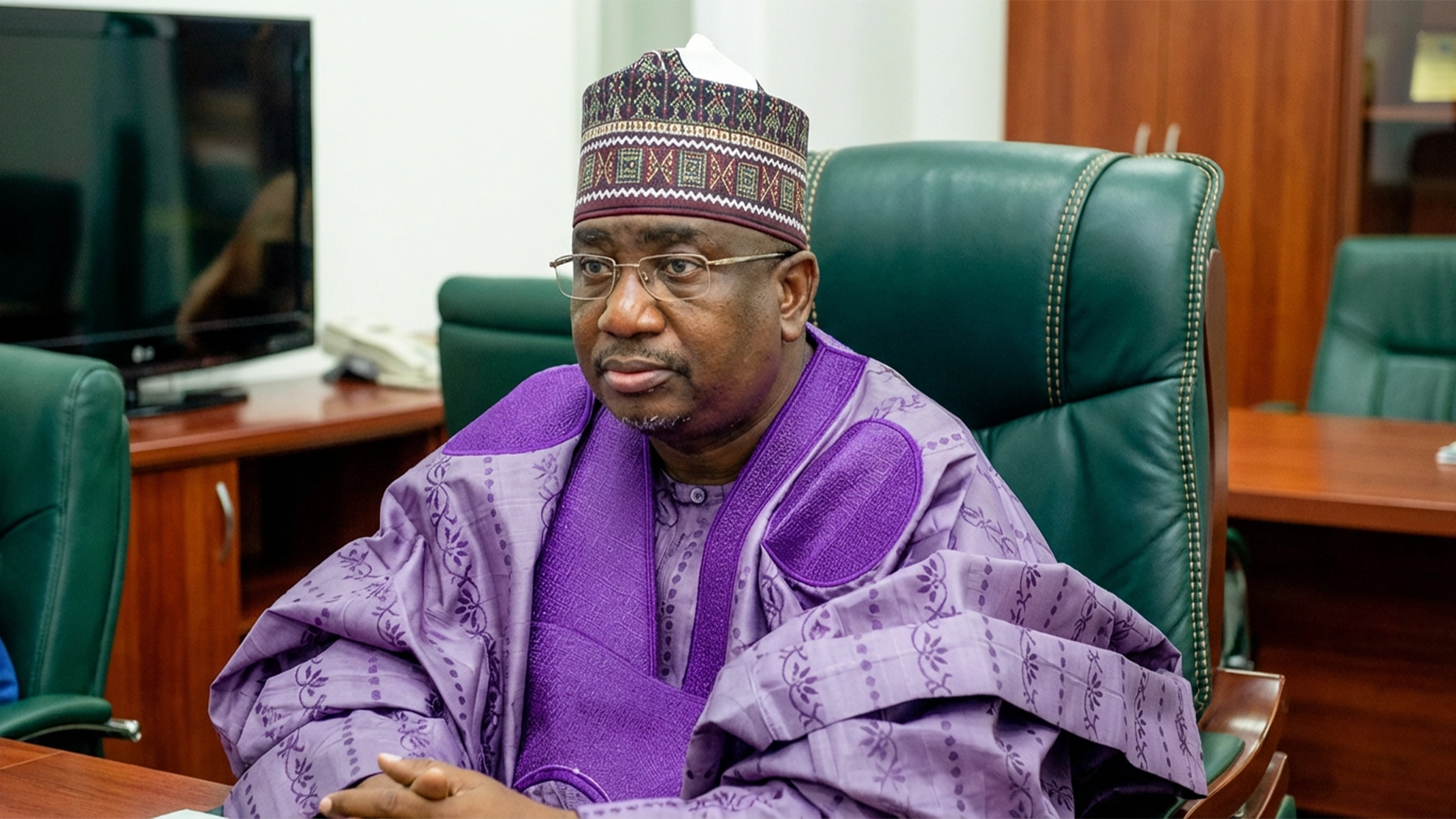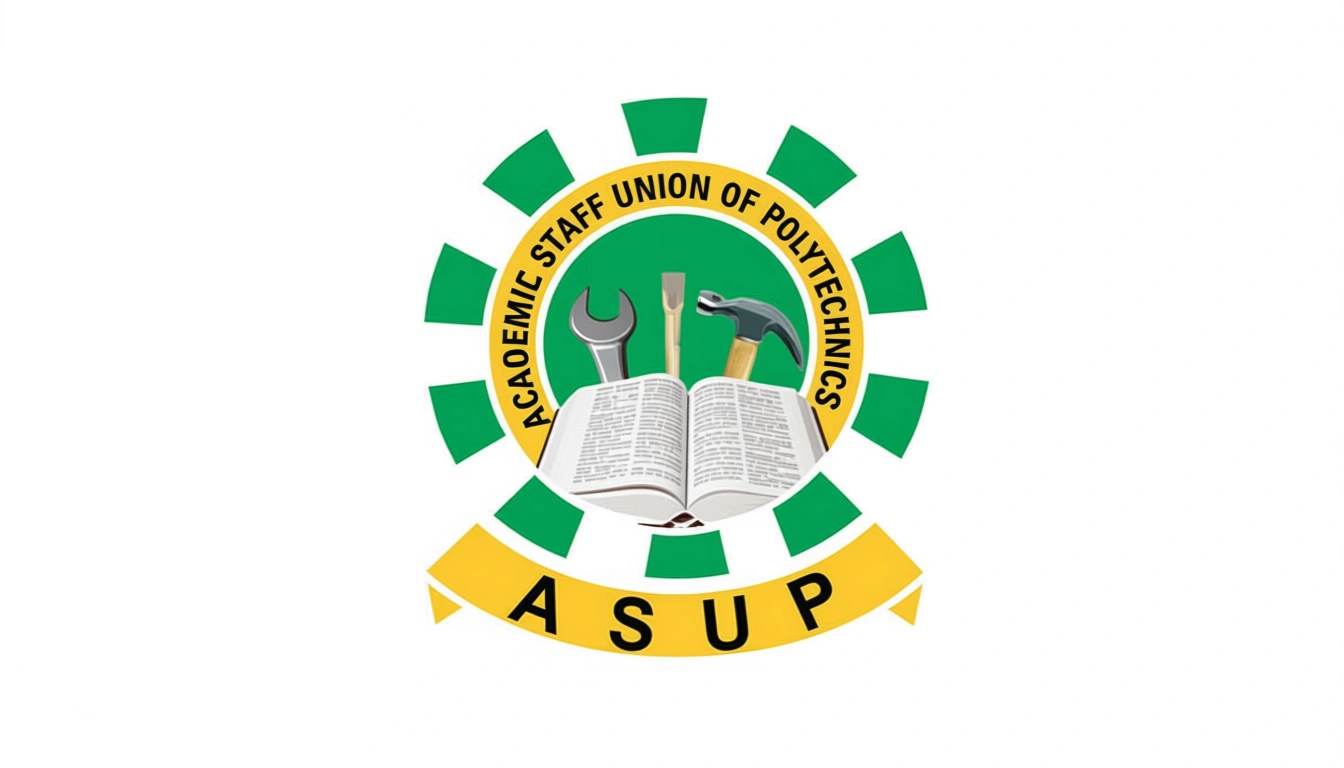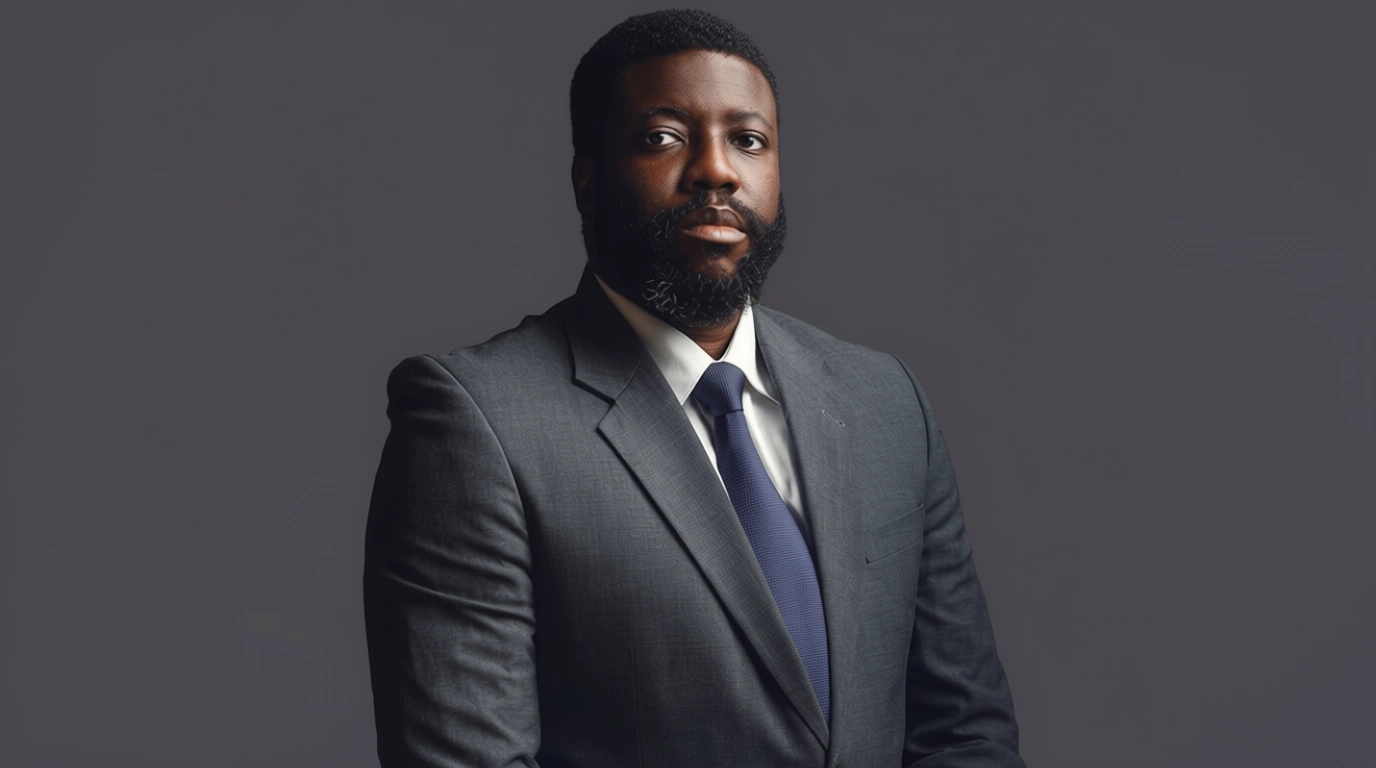Stakeholders in the education sector have berated the West African Examinations Council (WAEC) over technical glitches in the recently released West African Senior School Certificate Examination (WASSCE) results.
In separate interviews with The Guardian, the aggrieved stakeholders called for independent investigations into the matter and an immediate overhaul of the council’s management.
They insisted that a situation where the examination, a standardised evaluation for secondary school leavers and a basic requirement for tertiary institution admissions, is subjected to trial and error is unacceptable.
They maintained that inconsistencies in such high-stakes examinations could damage the credibility of Nigeria’s academic qualifications, both locally and internationally.
The examination body had, on July 4, released the West African Senior Secondary Certificate Examination (WASSCE) results, saying only 38.32 per cent of its 1,969,313 candidates secured credits in five subjects, including English Language and Mathematics.
The poor results drew the ire of stakeholders, with parents and civil society organisations calling for the cancellation of some of the papers, especially English Language and Mathematics.
Forty-eight hours after the results were released, WAEC said it discovered technical glitches during an internal review and temporarily withdrew access to the results.
At a news conference last Friday, WAEC said after reviewing the process, the new statistics indicated that a total of 1,239,884 of the 1,969,313 candidates, representing 62.96 per cent, now have five credits, including English and Mathematics.
The council blamed the technical glitches on ‘serialisation issues’ in some subjects, including Mathematics, English, Biology, and Economics. The development, however, sparked reactions from stakeholders, who questioned the integrity of Nigeria’s education assessment system.
The Founder of the Education for All Initiative (EFAI), James Odion, accused the examination body of bastardising the entire education process.
“You cannot make such a serious examination, a subject of trial and error. Today the pass rate is 38 per cent, tomorrow it becomes 63 per cent. How are we supposed to trust the authenticity of these results?” he queried. Odion called on the Federal Ministry of Education, the Presidency, and the National Assembly to launch an urgent investigation into the matter.
“All the ups and downs with results, is it just in Nigeria or is it happening in Ghana, in Sierra Leone, in Gambia, all those West African countries?
“And, if it is happening only in Nigeria, then the Federal Ministry of Education has to tell the country what exactly is going on,” he said. A parent, Mrs Olaitan Adediran, called for a deeper analysis to ensure the results truly reflected improved learning outcomes and not just deliberate adjustments.
Adediran called for thorough investigations to ensure the authenticity or otherwise of the newly released results. Another parent, Adebayo Alao, blamed the development on poor funding of the sector.
Alao noted that if the country could get it right in its education budget, all examination bodies would conduct credible examinations for candidates. He said an adequate education budget would curb malpractice and give examination bodies the resources to provide infrastructure that would enhance their job.
A school owner, Dr Joyce Etim, said the back and forth by WAEC in the release of the results has made the council lose its credibility. Etim noted that the public outcry and pressure on the examination body after the earlier released results compelled the review of the results, which could not be trusted.






